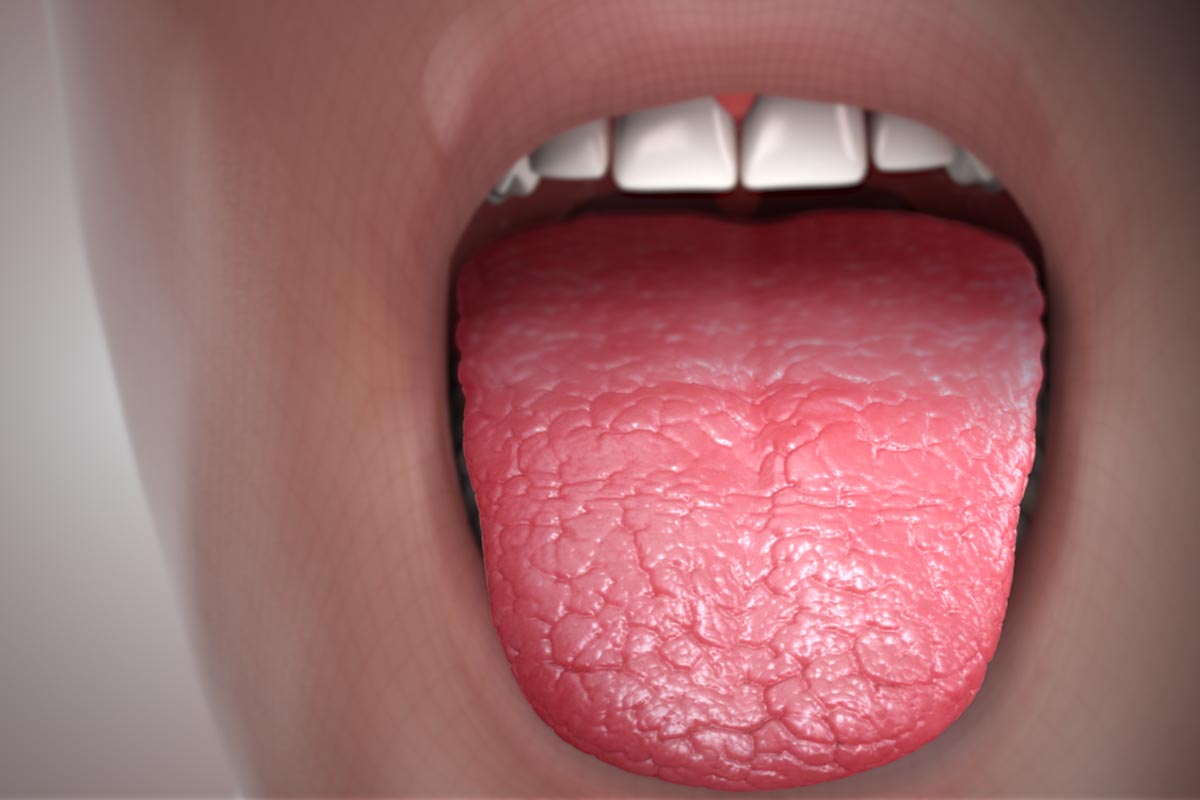
There are various reasons for dry mouth, a condition also known as Xerostomia. It can also be the consequence of taking some of the medicines which often have dry mouth as one of the unwanted effects. It often appears while taking antidepressants, anxiolytic drugs, pain relievers, antipsychotic drugs, diuretics, and also medicines for asthma, skin problems, epilepsy and problems with stool. All of these medicines can cause your mouth to be dry. There are some disorders which can also cause dry mouth, and those are Sjögren's syndrome, HIV infection, dementia, polygenic disorder, high blood pressure, apoplexy and epidemicparotitis.
It can happen that during some treatment exocrine glands which create saliva become harmed, and it usually occurs in medical procedures related to dealing with cancer. In these cases, when the glands are injured, there is less saliva in the mouth. Also when we lose a lot of fluid through sweating, throwing up, or some other way, we can experience our mouth to be dry. If we have lost the glands that produce saliva in an operation, we will certainly have this problem. Our life habits can also induce this condition, especially if chewing tobacco and breathing through the mouth. This problem can be easily recognized by viscous sensation in the mouth increases and needs to drink water, the infection at the sides of our lips, sore throat and bad breath.
Importance of saliva
Saliva is needed in the whole digestion procedure, from putting the food in our mouth to digestion in the stomach. If we have lack of saliva, it becomes much harder to digest food and to use its nutritive benefits completely. It can also affect our teeth in the way to develop caries. Saliva prevents infections, therefore, if we have lack of this substance, there is a risk of developing mucositis and candida infection. It is very uneasy and irritating to have dental plates with small amount of saliva. The tissue layer in the mouth can also become dry and that can lead to painful and uncomfortable cracking of the protective membrane. Dry mouth can lead to angular cheilitis and gingiva conditions. Consequence of low saliva production is also difficulty in speaking, because it is harder to articulate words clearly without saliva. Most of the people with this problem need to use water frequently in order to speak. For these people, it is almost impossible to consume certain types of food. Caries and inflammatory conditions in the mouth usually occur at these individuals.



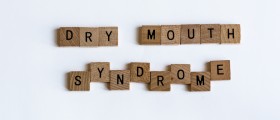
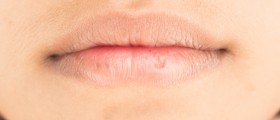






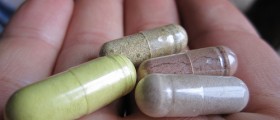
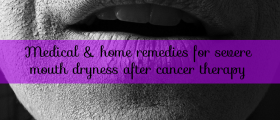

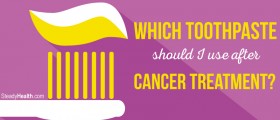

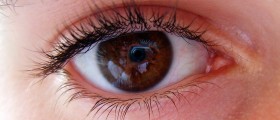
Your thoughts on this
Loading...